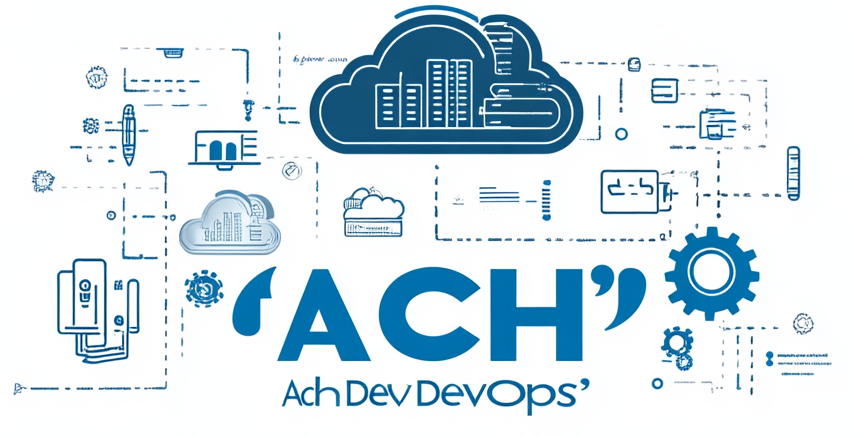As we venture further into 2024, the landscape of cloud computing is poised for transformative shifts that will redefine the technology sector. The following are some key predictions and emerging trends that experts believe will shape the future of cloud computing. These insights delve into advancements in generative AI, FemTech, AI assistants, and the evolution of education to keep pace with technological growth.
The Rise of Generative AI in Cloud Computing
Generative AI, a subset of artificial intelligence, has been rapidly evolving, offering innovative solutions across various industries. This technology involves machine learning models that can generate new data based on existing datasets, making it a critical tool for creative processes, content creation, and more. In the realm of cloud computing, generative AI is expected to enhance services like automated content generation, personalized user experiences, and advanced data analytics.
Cloud providers are increasingly integrating generative AI capabilities into their platforms. For example, platforms like AWS, Azure, and Google Cloud are expanding their AI and machine learning services, allowing businesses to leverage generative models for tasks such as natural language processing, image generation, and predictive analytics. This trend not only enhances the capabilities of cloud services but also democratizes access to advanced AI technologies, enabling smaller enterprises to compete with larger organizations.
FemTech and Its Impact on Cloud Computing
FemTech, a term referring to technologies that focus on women’s health, is gaining significant traction. This sector includes a range of products and services, from menstrual health and fertility solutions to pregnancy and menopause management. The cloud plays a pivotal role in FemTech by providing the infrastructure necessary for data storage, processing, and analysis.
As FemTech continues to grow, cloud computing offers scalable solutions for managing large volumes of health data. Cloud-based platforms enable real-time data collection and analysis, providing valuable insights into women’s health trends and needs. Furthermore, the integration of cloud technologies with wearable devices and mobile applications enhances the accessibility and usability of FemTech solutions, making it easier for women to monitor and manage their health.
AI Assistants: Revolutionizing Cloud Services
Artificial Intelligence (AI) assistants are transforming the way businesses and consumers interact with technology. These intelligent agents, powered by advancements in natural language processing and machine learning, provide automated assistance across various platforms. In the context of cloud computing, AI assistants are enhancing customer service, streamlining operations, and improving user experience.
Cloud-based AI assistants, such as Amazon’s Alexa, Google Assistant, and Microsoft’s Cortana, leverage the vast computational power of the cloud to deliver personalized and context-aware interactions. They can perform tasks ranging from setting reminders and controlling smart home devices to providing customer support and managing business operations. As AI assistants become more sophisticated, they are expected to play a crucial role in automating routine tasks, allowing businesses to focus on more strategic initiatives.
The Evolution of Education in the Cloud Era
The rapid advancement of technology is transforming education, with cloud computing playing a central role. The cloud provides a flexible and scalable platform for delivering educational content, facilitating remote learning, and supporting collaboration among students and educators. As the demand for online education grows, cloud-based solutions are becoming increasingly essential for educational institutions.
Cloud computing enables the development of virtual classrooms, online courses, and digital learning resources. Platforms like Google Workspace for Education and Microsoft Teams provide tools for virtual collaboration, allowing students and teachers to communicate and share resources seamlessly. Moreover, cloud-based learning management systems (LMS) like Moodle and Canvas offer comprehensive solutions for course management, grading, and student engagement.
In addition to traditional education, the cloud is also facilitating lifelong learning and professional development. Online learning platforms such as Coursera, Udemy, and LinkedIn Learning offer a wide range of courses and certifications that cater to various skill levels and industries. These platforms leverage cloud technologies to deliver high-quality content, track progress, and provide personalized recommendations.
Key Takeaways and Future Outlook
The future of cloud computing is marked by the integration of advanced technologies such as generative AI, AI assistants, and FemTech solutions. These innovations are not only enhancing the capabilities of cloud services but also opening up new possibilities for businesses and individuals. As cloud computing continues to evolve, it will play a crucial role in driving digital transformation across industries, from healthcare and education to retail and finance.
For businesses, staying ahead of these trends requires a proactive approach to adopting and integrating new cloud technologies. By leveraging the power of the cloud, companies can enhance their operational efficiency, deliver personalized experiences, and gain a competitive edge in the market.
As we move forward, the convergence of cloud computing with emerging technologies like AI, machine learning, and IoT will continue to shape the digital landscape. This convergence will enable new business models, streamline operations, and provide unparalleled insights into consumer behavior. Ultimately, the cloud will remain a foundational technology that supports innovation and growth in the digital era.
